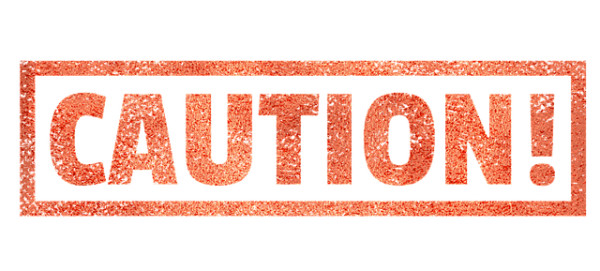
The past several years have seen a significant increase in public service announcements (PSAs) on television and online, most of them from non-profit and charitable organizations. On occasion, brands attempt to jump into the conversation to generate cautionary or educational messages about issues facing the public on a variety of stages – the largest, of course, being the Super Bowl. Last year’s Big Game featured several “PSAs” (those quotations are intentional; traditionally, a PSA is created for public interest and not associated with a brand, but more on that later) – including two spots from brands that couldn’t be more different from one other. We’re talking about the infamous “Make Safe Happen” commercial from Nationwide Insurance, and the other PSA you may have forgotten about while still reeling over dead children, Always brand’s “Like a Girl.” In case you need a refresher, both spots are below.
Nationwide Insurance, “Make Safe Happen”, 2015
Always, “Like a Girl”, 2015
After the initial shock and horror ignited by the Nationwide ad began to wear off, viewers were angry, inflamed. In our own annual “Worst Super Bowl Ads” blog, “Make Safe Happen” earned more than half of our votes for the worst Big Game ad. Ouch.
Some may argue that the Nationwide spot, while no less upsetting, was not actually a PSA. It was created to sell a product – life insurance. However, like many other lines that once divided marketing tactics, such as the one between PR and social media or video and promotional content, the one separating a brand’s values and causes from its advertising is beginning to blur. The moment brands started taking on issues like fatal childhood accidents and belittling women solely for their gender, these companies became advocates for their causes and were saddled with the responsibilities they entail. If the brands are committed to making or inspiring change, then they are committed to a public service. And that is definition enough for me.
Moving forward then, how can and should branded PSAs in the Super Bowl be executed? It’s impossible to ignore the potential impact of reaching over 100 million pairs of attentive ears and eyes simultaneously, so not sharing these messages is out of the question. Brands are going to do it. And with any luck, they will err on the side of “Like a Girl” and stay far, far away from Nationwide’s more disturbing approach.
We can plan to see at least two branded PSAs in the Super Bowl this year – one from Budweiser and the other from Colgate. When I initially learned that the beer behemoth was taking on drunk driving for their branded PSA, I got nervous. Didn’t they promise no more puppies? And if it’s not puppies, were they going to go for scare tactics? Definitely not the way to reach a cheerful room of Bud drinking viewers, even if it is about such a critical and relevant topic. But fear not, because Budweiser is going with a delightful combination of directness and snark with “notoriously frank and uncensored British lady” Helen Mirren and the #GiveADamn campaign. While I would have loved to see more opportunity for engagement from this ad, possibly a Helen Mirren-inspired British insult generator, Budweiser is standing behind its PSA with a tweet-to-donate push, finding safe driving programs. If there was ever a perfect time and place to discuss drunk driving in a direct manner, the Super Bowl is it. If you want to see the ad before it airs on Sunday, click here.
Colgate, making its Super Bowl debut this year, will air a PSA about an issue facing millions of people globally: water shortage. In the 30-second spot, the full version of which ran back in 2014 in Colombia and Peru, a flowing stream of water while a man brushes his teeth points to the major water crises that nations all over the world face every day. And unlike the Budweiser spot, the brand behind this PSA’s message doesn’t appear until the last 3 seconds. No scare tactics, no sassy British ladies, and potentially no impact. Not because of execution. It’s certainly impactful while I sit here at my keyboard, thinking about the extra seconds I left the shower running as I started my routine this morning. But are Super Bowl viewers really the ideal audience, and in the right mindset, for talking about wasting water? The message is sure to resonate with a number of people simply due to the enormity of the game’s viewership. But is it a $5 million chance worth taking? And is “Spread the word – share this video” a strong enough call to action? Probably not. If you want to see the spot for yourself, click here.
As the lines between a brand’s causes and values and its advertising continue to merge, the resulting content will more frequently resemble social responsibility than promotional messaging. Branded PSAs in the Super Bowl are likely to increase in coming years, and with this growth more chances to fall flat, or worse, offend. These brand-backed messages can succeed in influencing a large audience, but said audience must be taken into consideration. A PSA for all brands considering a Super Bowl PSA: Do not waste millions on a stage that is likely to pull its curtains on you. Do not close with a weak call to action and hope for the best. And if (likely when) your message is not a good fit, find another platform to deliver it and do something more impactful with your dollars.